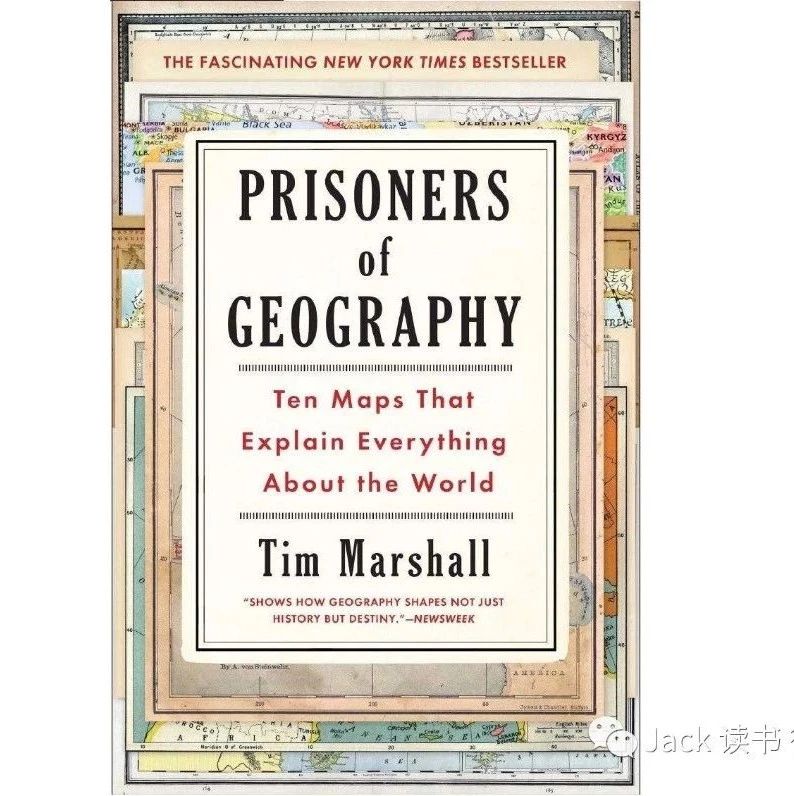Prisoners of Geography 1 - The Afghan War
Afghanistan is not a place to simply start awar, especially in modern times. This region is dubbed “The Graveyard of Empires”. Due to the mountainous and bumpy geography and complicated political forces, empire after empire, nation after nation, failed miserably in Afghanistan with huge losses. This already forecasted the looming disaster of the Afghan War fought between the local government forces, who were backed by the Soviet Union, and the insurgents, who were backed by the U.S., Pakistan,and Saudi Arabia.
In 1979 the Soviet Union still launched the10-year-long Afghan War. Geopolitically, the Soviet craved to dominate Afghanistan, because it wanted to advance southwards, exerting influence on the region, and then gradually stretch its reach to the rest of Middle East, where there were ample oil reserves. Another, more long-term goal, was to move a step nearer towards their desired Indian Ocean warm water harbor, as Afghanistan was at the threshold to the Indian Ocean. A warm sea harbor at that body of water was vital for boosting the Soviet Union’s economy. In the other camp, the US confronted the Soviet Union, although not directly, in order to forestall it from remaining a global power and posing a dangerous threat.
During the initial stages of this major conflict, the Soviets were victorious, and pushed inland. However, even though the Soviet army was more powerful, they were fighting in a difficult position,and failed to win any meaningful international support. Furthermore, due to the rugged and mountainous terrain of Afghanistan, the Soviet army was unable to achieve any remarkable success. They were ignoring history lesson: they were stepping into the “Graveyard of Empires.” The “mujahideen” engaged them indevastating guerilla warfare, equipped with US weaponry, and the Soviet army could not locate, isolate, and engage them decisively, which dragged on this costly war. Under pressing and urgent voices internationally and from within Afghanistan, the Soviet army eventually retreated from, ending and losing this conflict without any meaningful gains. In this war, the Russians did not fulfill any of their goals.
Lack of international support (and the Allies that come with that), unsustainably long supply lines, and the rugged Afghanistan geography ultimately held the Soviets back. Also, due to the lack of a usable warm seaport, the army could not bring in aircraft carriers and missile submarines to provide additional support. This further proves the importance of knowing geopolitics, as sometimes, when victory seems at hand, the situation can be reversed.
正文到此结束










